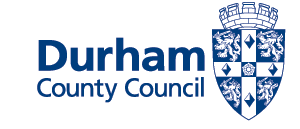National Fraud Initiative
The National Fraud Initiative (NFI) matches electronic data held by public and private sector organisations to prevent and detect fraud and error.
What is data matching?
Data matching compares information from different sources to identify potentially fraudulent claims and payments.
Why do we do it?
The Cabinet Office requires us to be part of the NFI and they use the data under their powers in Part 6 of the Local Audit and Accountability Act 2014. They do not need your consent under the Data Protection Act and General Data Protection Regulations 2018 but the data matching is covered by a code of data matching practice.
Data matching can also identify genuine errors. Examples of under/overpayments have resulting in payments/entitlements being increased.
It helps ensure the best use of public funds.
What data is shared?
We must provide personal data for all our staff, councillors and pensioners that we hold in our payroll and pension systems so data matching against other public bodies can be carried out.
We must also provide data about Blue Badges, concessionary travel passes, taxi licences, people listed on our housing waiting list, care home residents who receive funding from us, creditor payments and suppliers, business rates, council tax support, council tax, people on the Electoral Register and more recently Covid-19 business grants.
We provide personal information such as names, addresses and annual remuneration. The data will be used to ensure, for example, that income is being declared when Council Tax support is being applied for or that no pensions are being paid to people who are dead or who are no longer entitled to it.
All data shared with the Cabinet Office is encrypted.
- Email corporatefraudteam@durham.gov.uk
- Telephone 03000 266 745

 Share this page on Facebook
Share this page on Facebook
 Share this page on Twitter
Share this page on Twitter
 Print this page
Print this page





